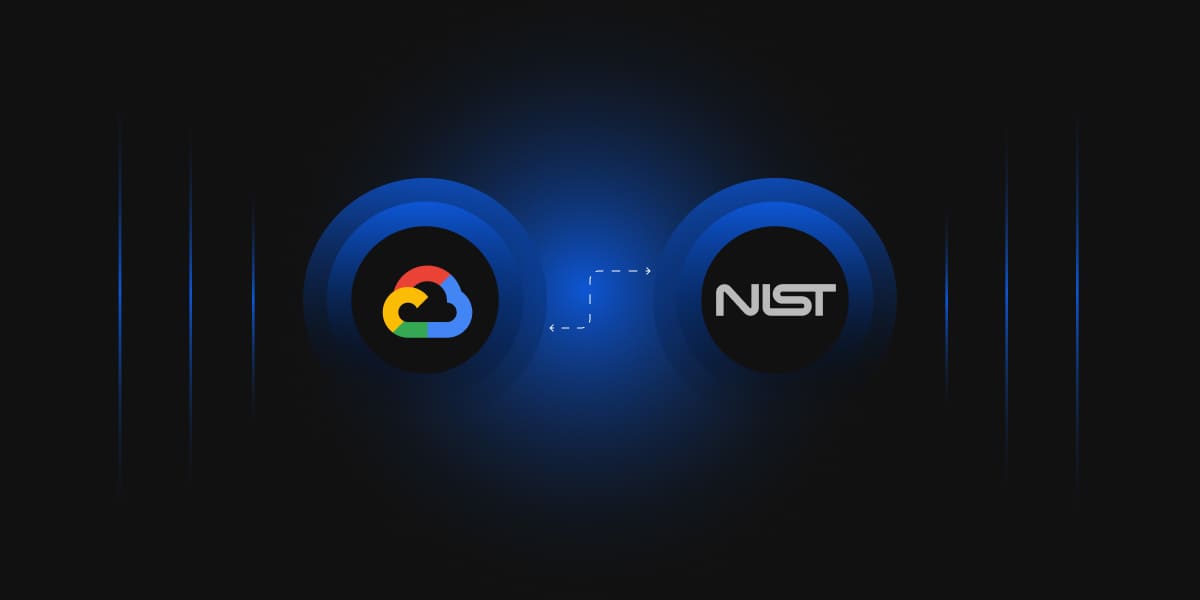Microsoft Azure is one of the three biggest Cloud Service Providers used by organizations today. The other two mainly used by organizations are Amazon Web Services (AWS) and Google Cloud Platform (GCP) . With the current state of the world, many companies are moving their services to a partially or fully cloud-based platform like Azure or AWS. The reason behind this is the large number of managed services that these Cloud Service Providers offer, as well as the more easily usable and accessible options available for web servers and the like.
Recently, many Healthcare providers have been moving specifically to Microsoft Azure. They are doing this because Azure has been working to upgrade their security systems to help these healthcare providers be HIPAA compliant, among other compliance standards they are targeting.
What does being Compliant Mean?
When talking about compliance with organizations, each company has different standards and practices they must conform to. These cyber security compliance standards are written by an organization which specializes in online security and knows what types of protection should be in place for the specific types of organizations. The standards outline practices that should be in place, at a minimum, to be considered fully compliant All organizations do not follow the same standards either.
There are some general cyber security standards, such as the NIST Cybersecurity Framework (CSF), which focus on critical infrastructures or compliance standards for organizations in specific countries, but there are also compliance standards for certain types of organizations. The types of organizations that tend to have their own set of standards are banks or companies holding customer banking/credit card information, and healthcare companies.
Some of the biggest healthcare company standards, that you may have heard of, are the Health Insurance Portability and Accountability Act (HIPAA) and the Health Information Technology for Economic and Clinical Health (HITECH) Act. These are vital for a healthcare organization to follow to maintain proper security within their environment. If a healthcare organization is found to not be following these and other standards, they will face legal action and likely have to pay thousands in fines.
How does an Organization become Compliant?
An organization can become compliant in a number of different ways. Following these standards to the letter and ensuring they have at least the minimum amount of security outlined in these standards is the most crucial step.
Organizations can also follow cyber security best practices, like those outlined in NIST SP 800-30 and other NIST recommendations, to better harden their security and ensure compliance. Additionally, security audits of an organization’s cyber security framework should be completed annually at a minimum.
This will help ensure any updates to security standards are being followed, and if they are not then this can be noted and remedied in the audit. There are also a number of different security tools used in platforms like Microsoft Azure that help organizations maintain their compliance without having to implement as much work. We will touch on this in the next section of this blog.
What is Microsoft Azure doing to help with compliance?
Microsoft has worked to ensure that their databases, as well as each other part of their cloud system, can help a healthcare organization reach and stay in compliance with every healthcare compliance standard they must follow. Using something called the Azure Security Center, users can keep track of their different cloud systems in use and ensure it is up to the compliance standards necessary.
This Security Center allows the organization to keep up-to-date on the status of their compliance within Microsoft Azure. This also allows Azure to recommend changes to their current practices to further comply with standards such as HIPAA.
Microsoft also takes care of the deployment and maintenance of systems within Azure, taking the hassle and man-power needed from the organization away. Azure also offers the ability to complete third-party audits of the systems in place to check for proper compliance. This allows security audits to happen quickly and easily, offering organizations the ability to stay updated on security standards year-round.
Organizations can also download compliance documentation via Microsoft Azure, further speeding up the audit process and providing easy access to the documentation for new hires. There are also different tools available in Microsoft Azure to use for compliance purposes. Azure Blueprints is a service that offers the ability to create frameworks for services developers are creating.
These frameworks can be created by upper-level management, and pre-loaded into Azure Blueprints for developer use. Since a high-ranking member of the organization has created this framework, the developers using that framework know that it is approved for use where necessary in the organization.
Azure Policy acts similarly to Azure Blueprints, but it deals with policy and governance instead. By setting business rules and policy definitions within Azure Blueprints, a user can ensure that compliance standards are being met. Azure Blueprints evaluates resources in Azure by comparing the properties of resources within Azure to the business rules set out in Azure Blueprints.
Conclusion
Tools and services within Cloud Service Providers are a great way to maintain integrity of your data within the Cloud. Azure Policy and Azure Blueprints work hand in hand to constantly ensure existing and new data entering the Cloud are being properly protected. As time goes on, I am certain the cyber security world will see more tools like Microsoft Azure provides begin to roll out and provide even more ways to ensure data security compliance is being followed. Another great way to ensure compliance within an organization is to have experts look over your systems and documentation.
At Encryption Consulting, we provide data security assessments to ensure that your security tools and methods are being used properly. Our team of experts will ensure that your Public Key Infrastructure, Hardware Security Modules, and data encryption in general are up to the proper compliance standards your organization requires.
We can also help implement new data security practices if a company’s infrastructure seems to be lacking. Encryption Consulting can help organizations create new governance documentation as well. To inquire about the different services we offer, visit our website at www.encryptionconsulting.com.




